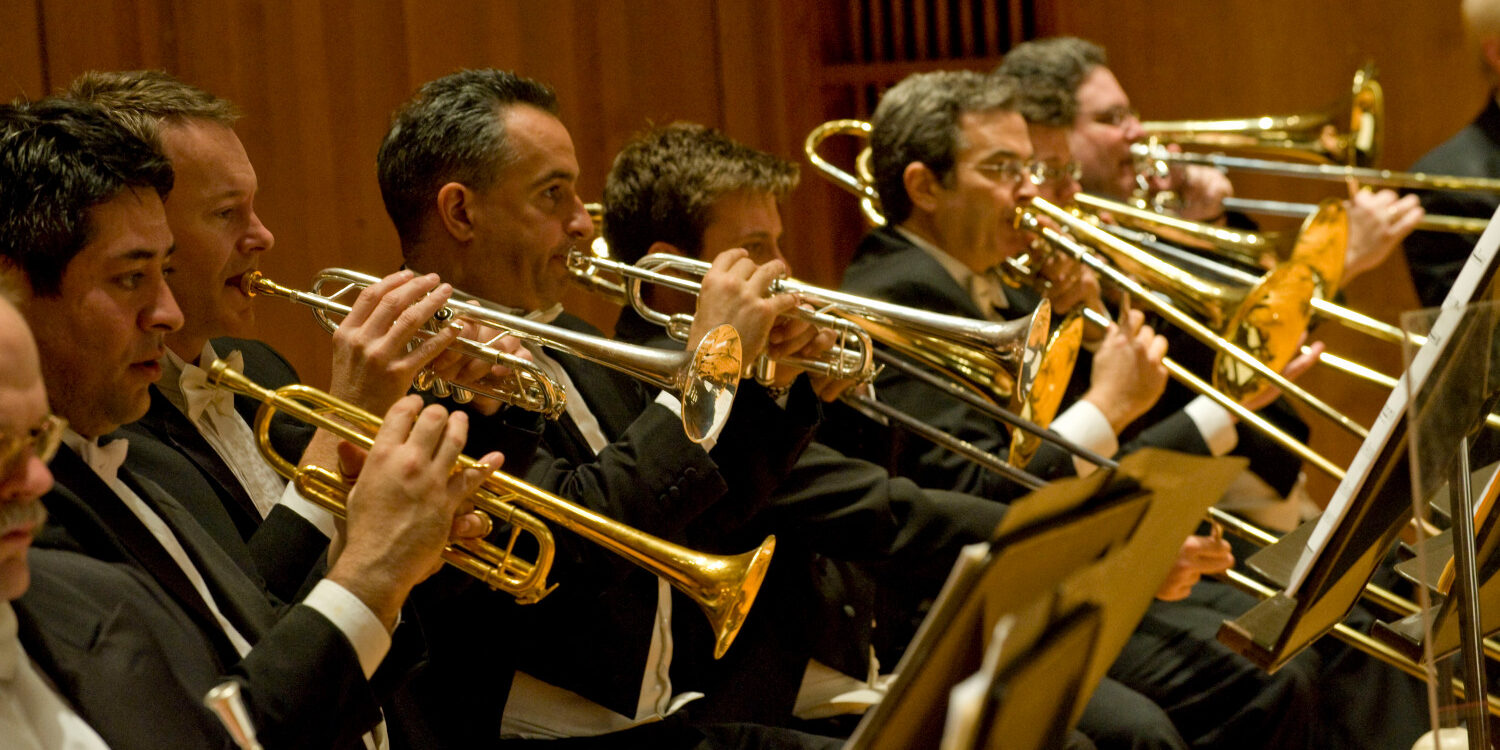- All
- Uncategorized

Resisting the Reduction of Catholic Higher Education
In a previous post, we considered how we might fruitfully read the Church’s magisterial documents on education. This post is a first attempt to apply some of the principles outlined there. It would seem that Catholic education—including Catholic higher education—is always about more than we think it is. And it is good to have both…

The Symphony of Wisdom (or How Should We Interpret Magisterial Teachings About Catholic Education?)
In over a decade of conversations about magisterial teachings regarding Catholic higher education, I’ve found that there are often two conversations happening at the same time, a kind of polyphonic discourse unfolding simultaneously. These conversations are “polyphonic” in that on the surface (and in the center) of the dialogue, we were discussing the content of…

Integrating Knowledge at a Catholic University
by Prof. Thomas Harmon This is part two of a series. Part 1 is entitled “The Catholic University: An Institution Dedicated to Bringing Faith and Reason Together“ What I’ve just charted out is the necessary background to understand what Ex corde ecclesiae says about the integration of knowledge, which simply means to put the knowledge…

The Catholic University: An Institution Dedicated to Bringing Faith and Reason Together
by Prof. Thomas Harmon This is part one of a series. Part 2 is entitled Integrating Knowledge at a Catholic University Pope John Paul II’s apostolic constitution Ex Corde Ecclesiae contains in its name the key to understanding the Catholic university. Ex Corde Ecclesiae is a Latin phrase that means “From the Heart of the…

Why Does Integrating Faith and Reason Matter?
One of the great effects of John Paul II’s encyclical of 1998, Fides et Ratio (Faith and Reason), is that some Catholic universities began thinking again about the integration of faith and reason. Many at these institutions read and studied the document. And in some cases, the language of “faith and reason” became part of…

Stones for Bread
What role should identity politics play in the life of a Catholic university—in its central activities of teaching and learning—and in its secondary aspects, its co-curricular activities and the presentation of itself to the larger world? Much of a person’s self-understanding develops with increasing complexity over the course of that person’s life. The sources and…